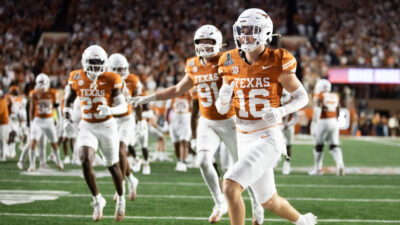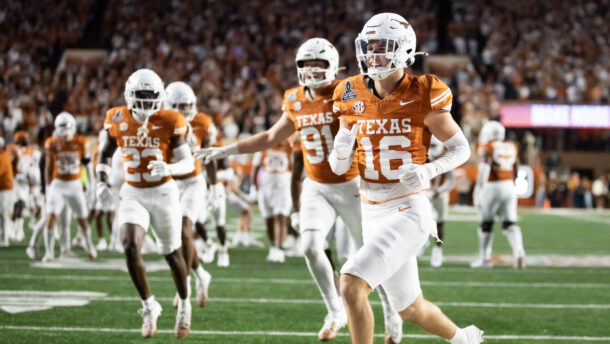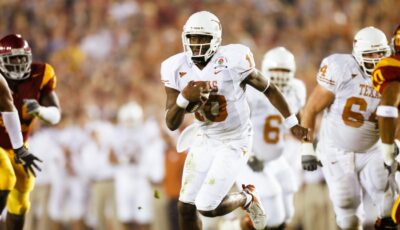Editor’s Note: Stephen Garcia threw for 7,597 yards and 47 touchdowns at South Carolina (2007-11) and also had a brief career as a professional quarterback. He’ll be providing SEC insights throughout the season.
First of all, let me start by saying this: I do not recant what I said on the radio last week regarding players being paid.
Nevertheless, I thought it would be patently obvious by the tone of my voice that I was joking when I said players get paid “all day, every day.” I am aware that the jovial conversation and exaggerated tone does not translate from the airways to the written word. However, I had no idea that this was going to grow such long and slender legs.
So let me reiterate: it was an exaggeration when I uttered the phrase that I saw players getting paid all day, every day.
Let me be equally as clear, however, if the masses are so clueless to think that stuff like that doesn’t happen, then I have some waterfront property to sell you in the desert.
COUNTERPOINT: Allowing student-athletes to sell their autographs a bad idea
I have never, and will never, mention anyone specific or any program specifically. My intention was to support the players and to support the concept of payment for likeness or signature. In that respect, my comments were taken out of context.
I also never said that boosters or alumni were the ones paying these players. While that may happen, I was speaking specifically about the “autograph seekers.”
In the dozens of radio interviews I have done since this entire controversy started, I have said numerous times that the NCAA will have a very difficult time stopping these guys. There is no way to trace or track them down. These guys deal in cash and there is no evidence left behind other than a cache of signed items ending up on eBay. There is no point in wasting time or resources trying to stop it. This has been happening for decades and isn’t going to stop.
The autograph guys don’t care if a player gets suspended. They care about selling merchandise. The only way to curtail this behavior is to hold the autograph accountable criminally. I doubt that will occur. And maybe it shouldn’t.
These players earned the right to a full scholarship to play football at a university with stellar careers in high school. If they have the ability to be a star at the collegiate level, why shouldn’t they be able to profit from their likeness or autograph? The universities sure do. I wonder how much the University of Florida profited from selling Tim Tebow’s No. 15 jersey all those years?
If someone is willing to pay a player for simply writing down his own name, why should that be against NCAA rules? They aren’t stealing. They aren’t selling anything illegal. They aren’t harming anyone. It’s a simple act of writing their own name on a picture of themselves or their jersey.
The current argument against allowing this is if the NCAA lets it become legal, then who is to stop the big-time boosters from paying big money to these high school kids for their signature or a picture. The answer is simple. There has to be full disclosure of the number of items and the amount being paid.
It’s very simple. If somebody is paying $10,000 for one signature, then it’s obvious what’s happening.
Boosters shouldn’t be allowed to pay for any likeness or signature. That would alleviate the pay for play scenarios at least to a degree. No matter what, the NCAA is not going to eliminate the under the table payments to players. That is real. It happens “all day, every day” anyway, but we just don’t see it.
This is just one way to maybe curtail some of that and help out these players that have earned the right through their on the field exploits to earn a little extra money.
The Man. The Myth. The Legend.







